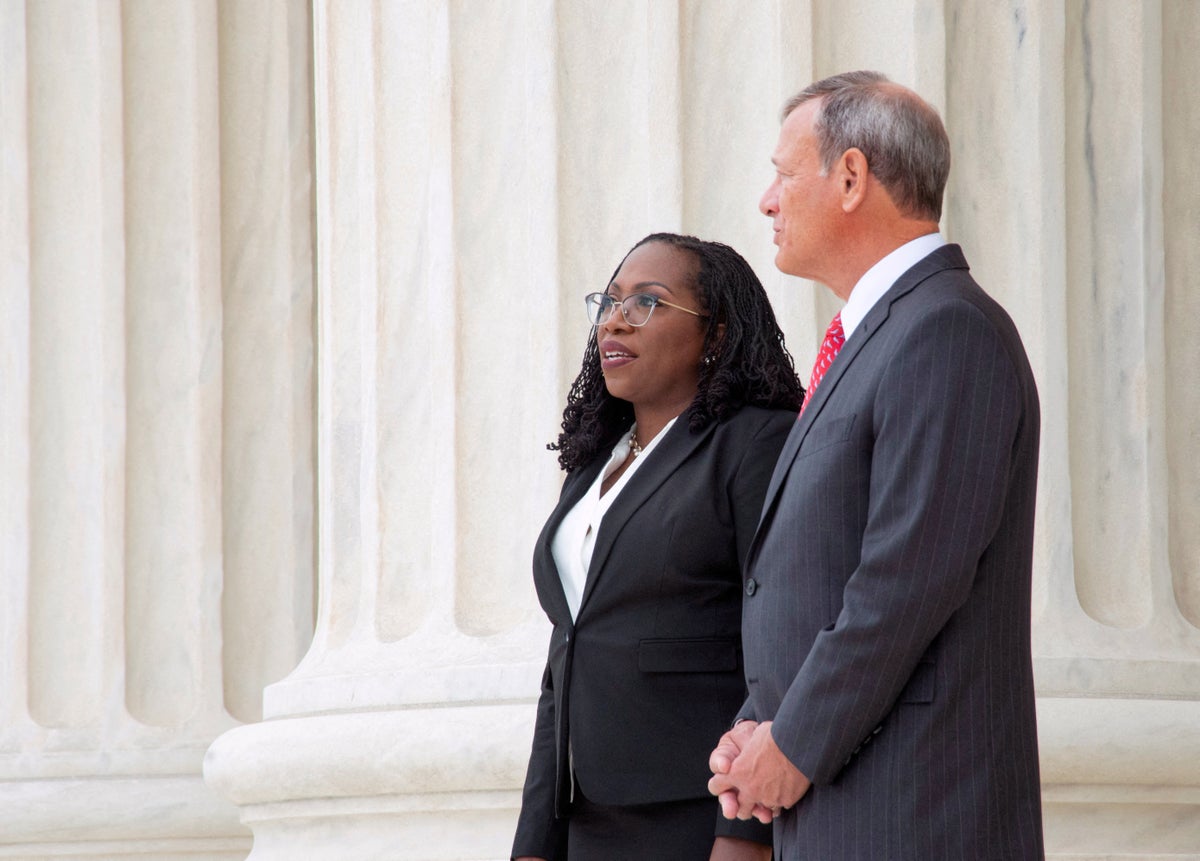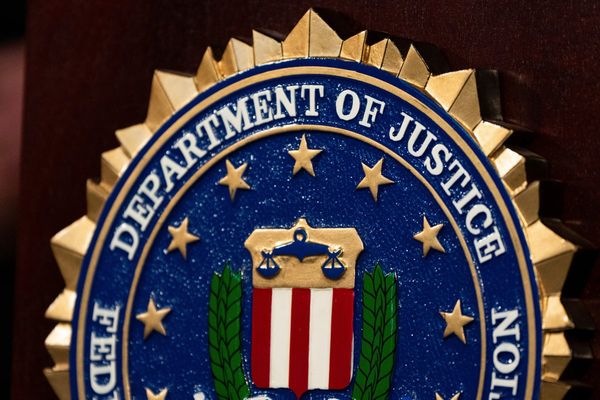
Liberal justices on the US Supreme Court have argued that a decision to strike down efforts that promote racially diverse college campuses perverts the reasons why such civil rights protections were enacted in the first place, more than 150 years ago.
A pair of cases before the nation’s highest court challenged whether race should be a factor in university admissions. A 6-3 decision from Chief Justice John Roberts with support from the court’s five conservative justices ruled that such considerations are unconstitutional.
In her dissent, Justice Ketanji Brown Jackson outlined a history of civil rights protections that developed in the aftermath of the US Civil War – including the 14th Amendment at the centre of the cases before the court – and the nation’s decades of failures to uphold them, from the era of Jim Crow to racist housing policies and stark disparities in incomes and healthcare.
“The point is this: Given our history, the origin of persistent race-linked gaps should be no mystery,” wrote Justice Jackson, the first Black woman to serve on the nation’s highest court.
“History speaks. In some form, it can be heard forever. The race-based gaps that first developed centuries ago are echoes from the past that still exist today. By all accounts, they are still stark,” she wrote.
A decision that finds affirmative action programs are in violation of the 14th Amendment appears to flip the purpose of such an amendment on its head, she argued.
“It would be deeply unfortunate if the Equal Protection Clause actually demanded this perverse, ahistorical and counterproductive outcome,” she wrote. “To impose this result in that clause’s name when it requires no such thing, and to thereby obstruct our collective progress toward the full realization of the clause’s promise, is truly a tragedy for us all.”
Justice Jackson had recused herself from the case involving Harvard University, where she has served on a board of overseers.
With its “let-them-eat-cake obliviousness,” the decision from the court’s conservative majority “pulls the ripcord and announces ‘colorblindness for all’ by legal fiat,” Justice Jackson wrote.
“But deeming race irrelevant in law does not make it so in life,” she added. “And having so detached itself from this country’s actual past and present experiences, the Court has now been lured into interfering with the crucial work that UNC and other institutions of higher learning are doing to solve America’s real-world problems.”
While racist legal barriers have been eradicated, “race still matters to the lived experiences of all Americans in innumerable ways, and today’s ruling makes things worse, not better,” she wrote.
“The best that can be said of the majority’s perspective is that it proceeds (ostrich-like) from the hope that preventing consideration of race will end racism,” she added. “But if that is its motivation, the majority proceeds in vain. If the colleges of this country are required to ignore a thing that matters, it will not just go away. It will take longer for racism to leave us. And, ultimately, ignoring race just makes it matter more.”
Justice Sonia Sotomayor warned that the ruling “rolls back decades of precedent and momentous progress” by implementing a “superficial rule of colorblindness as a constitutional principle in an endemically segregated society where race has always mattered and continues to matter”.
“The Court subverts the constitutional guarantee of equal protection by further entrenching racial inequality in education, the very foundation of our democratic government and pluralistic society,” she wrote in her dissent.
Both justices also criticised the ruling’s exception for military academies, which Justice Sotomayor called “arbitrary”.
“The court has come to rest on the bottom-line conclusion that racial diversity in higher education is only worth potentially preserving insofar as it might be needed to prepare Black Americans and other underrepresented minorities for success in the bunker, not the boardroom (a particularly awkward place to land, in light of the history the majority opts to ignore),” Justice Jackson wrote.
Justice Sotomayor argued that the decision’s impact “cannot be overstated”.
“The majority’s vision of race neutrality will entrench racial segregation in higher education because racial inequality will persist so long as it is ignored,” she wrote. “Despite the Court’s unjustified exercise of power, the opinion today will serve only to high- light the Court’s own impotence in the face of an America whose cries for equality resound.”







